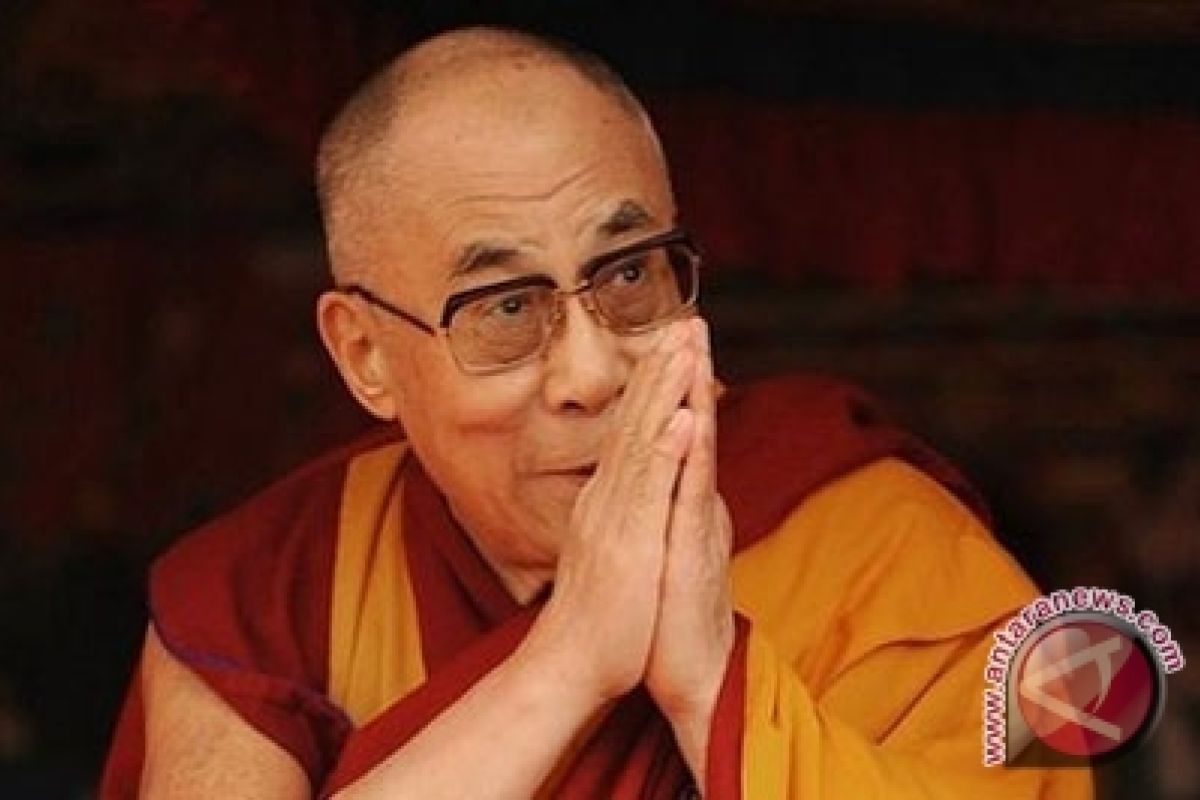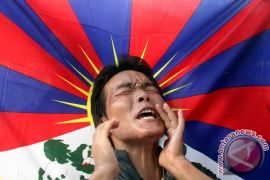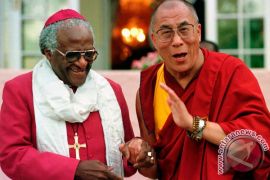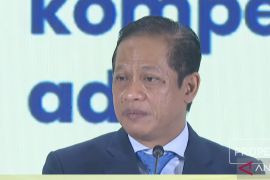The 75-year-old Nobel laureate announced last week that he wanted to shed his role as political chief of the government-in-exile and hand his responsibilities to the next prime minister, who will be elected on Sunday.
The change requires a constitutional amendment, which lawmakers in the exile parliament in the Indian hill town of Dharamshala were to discuss on Tuesday.
In a letter read out in the parliament on Monday, the Dalai Lama argued that the Tibetan movement was now mature enough for a directly-elected political leader.
"If we have to remain in exile for several more decades, a time will inevitably come when I will no longer be able to provide leadership," he said in the letter read by the speaker.
The Dalai Lama`s political title is largely symbolic and he will retain the more significant role of Tibet`s spiritual leader.
But the change is a significant step for the Tibetan movement in exile, which is divided between those who want autonomy and those who seek full independence for Tibet from China.
"This decision of His Holiness the Dalai Lama is final. There is no going back," the current exiled prime minister, Samdhong Rinpoche, told reporters on Monday.
The exile Tibetan movement has been based in India since 1959 when the Dalai Lama fled his homeland after a failed uprising against Beijing`s rule.
(U.KR-DLH/H-AK)
Editor: Priyambodo RH
Copyright © ANTARA 2011












